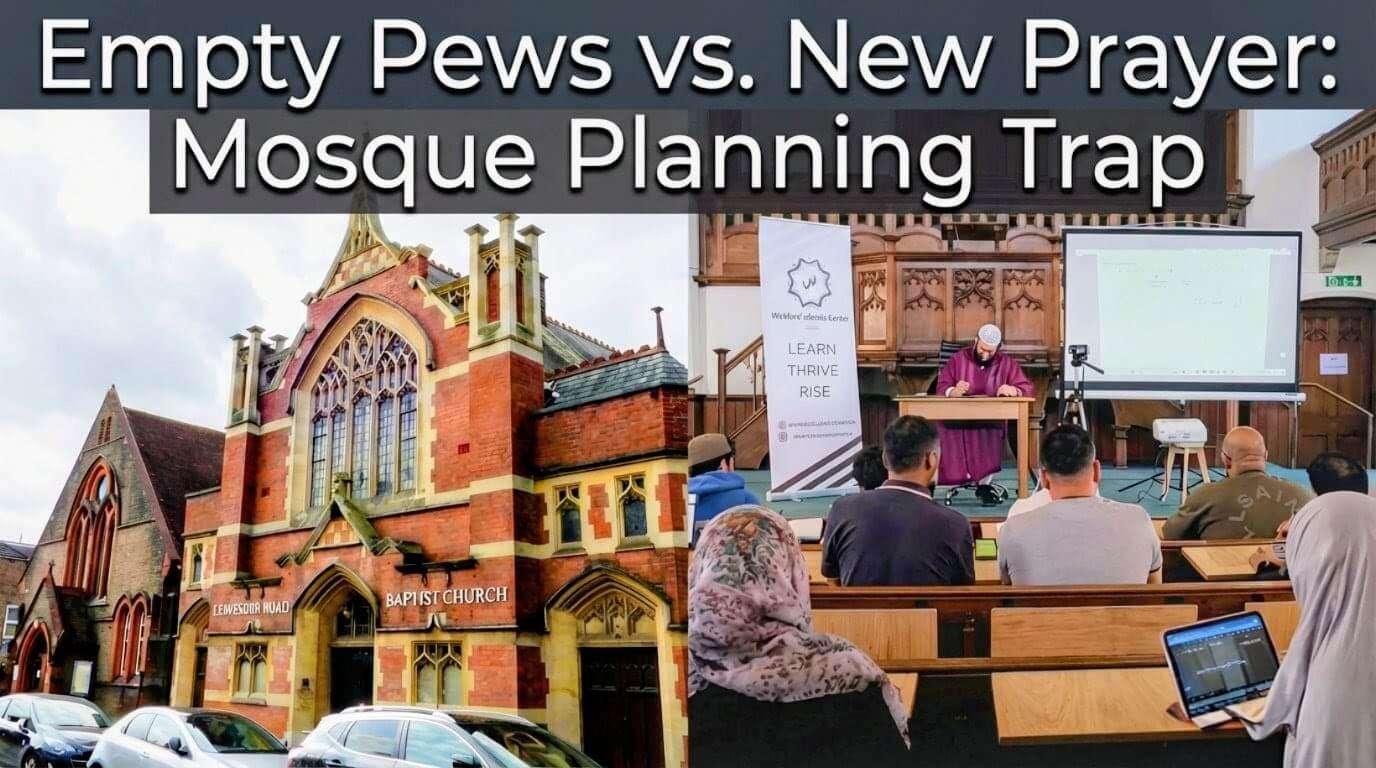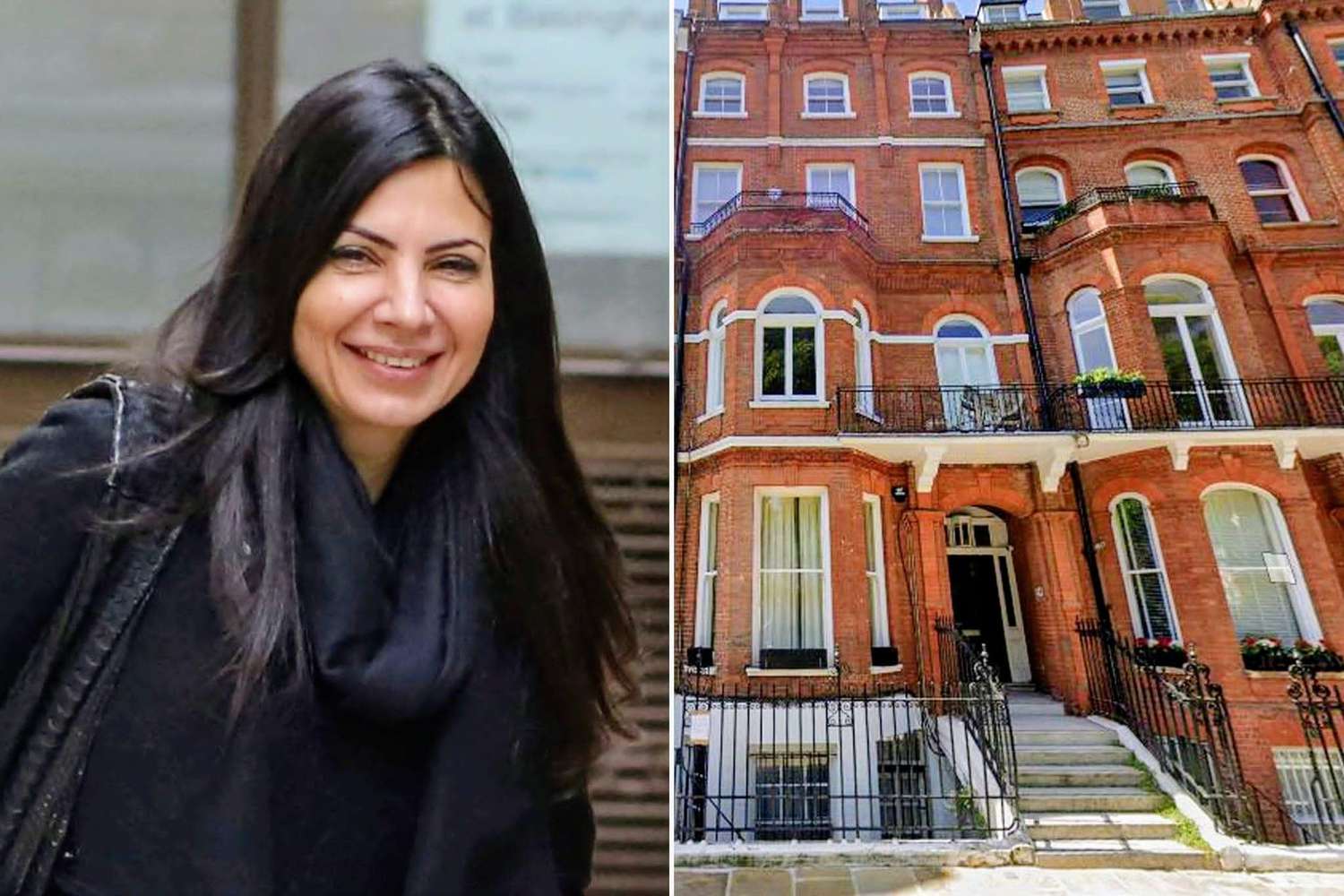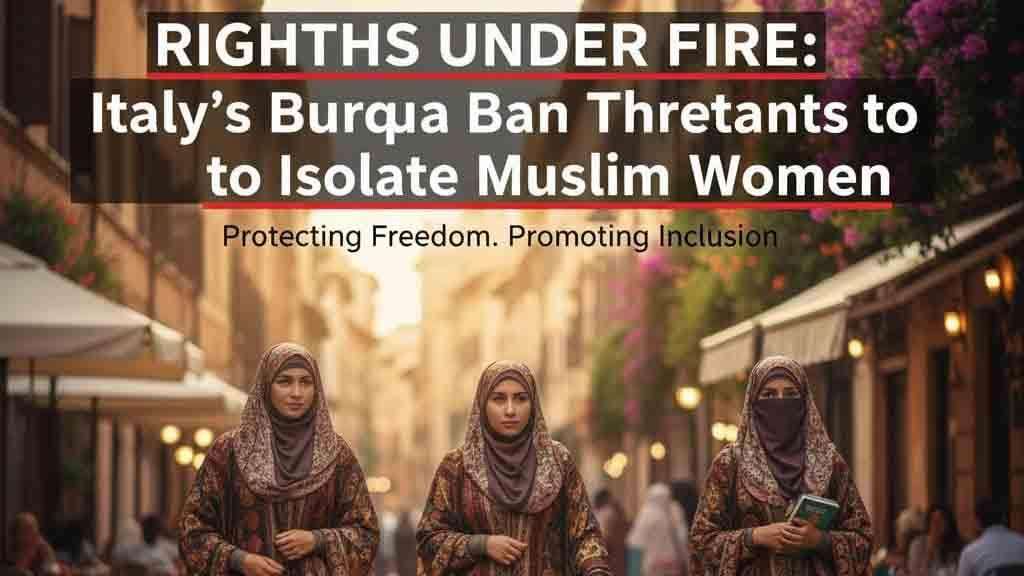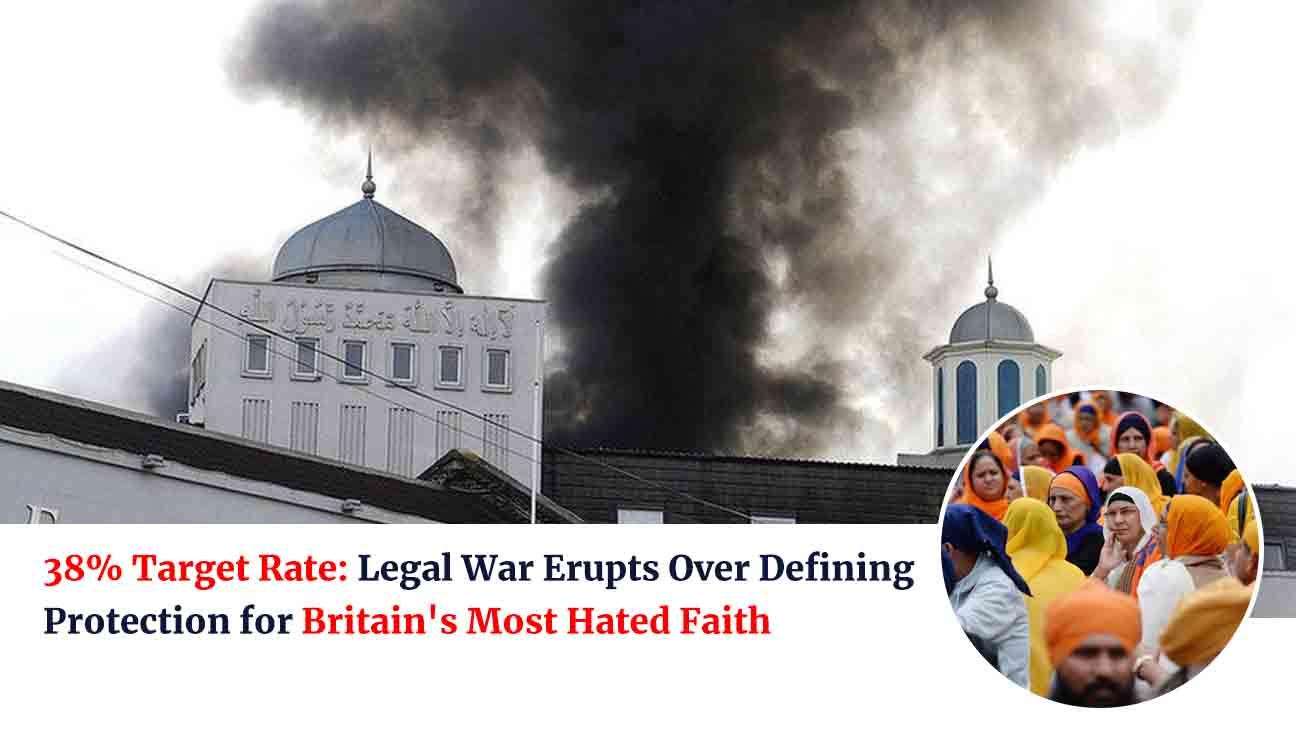Italy's ruling Brothers of Italy party has advanced a sweeping new bill that proposes to ban the burqa and niqab in public spaces nationwide, as part of a broader legislative push against what the party terms "cultural separatism" linked to Islam. The bill, presented to parliament by lawmakers from Prime Minister Giorgia Meloni's party on Wednesday, would prohibit face-covering garments in all public places, including schools, universities, shops, and offices.
The legislation explicitly targets the burqa—a full-body garment with a mesh over the eyes—and the niqab—a face veil that leaves the area around the eyes clear. The bill does not explicitly target the hijab, which covers the hair and neck but leaves the face visible, although general concerns about anti-Muslim prejudice often expand the scope of public anxiety.
Violators of the proposed ban would face fines ranging from 300 to 3,000 euros ($350-$3,500). The introductory text of the legislation states its goal is to combat "religious radicalisation and religiously-motivated hatred."
Beyond Face Coverings: Targeting Religious Funding
The bill extends far beyond face veils, introducing new financial transparency requirements for religious organisations that lack formal agreements with the Italian state. Significantly, no Muslim organisations currently have such formal recognition, which has been granted to 13 other religious groups. Under the proposed law, unrecognised groups must disclose all funding sources, with financing restricted to entities that pose no threat to state security. This measure effectively places Italy's Muslim community under greater financial scrutiny than formally recognised faiths.
Furthermore, the bill introduces new criminal provisions, including penalties for virginity testing, and strengthens punishment for forced marriages by adding religious coercion as grounds for prosecution.
Italy Joins Other European Bans
Italy's proposed law moves the country closer to its European neighbours who have already enacted similar bans. France was the first European country to introduce a blanket ban on the burqa and niqab in public in 2011. Since then, over 20 states worldwide, including European nations like Austria, Belgium, Denmark, Bulgaria, and Switzerland, have implemented full or partial bans on full-face coverings in public spaces. The European Court of Human Rights has consistently upheld these bans, ruling that states may restrict such garments to protect "living together" (social cohesion) in society. In Italy, restrictions already exist in regions like Lombardy, which bans covered faces in public buildings and hospitals.
Far-Right Ideology and Opposition to Religious Dress
Far-right political movements across Europe, including the Brothers of Italy, often frame the Islamic full-face veil as a threat to national identity, secular values, or gender equality. The opposition is rooted in several intertwined arguments:
- Security Concern: The veil is seen as a security risk because it conceals the wearer's identity, preventing them from being seen.
- Cultural Assimilation: Opponents argue that the full veil is a symbol of "cultural separatism" and is incompatible with "Italian values," viewing it as a resistance to integration.
- Gender Equality: Bans are often rationalised as a tool to "liberate" or protect Muslim women from patriarchal oppression, although critics contend this is a discriminatory, Islamophobic stereotype that restricts a woman's choice and freedom of expression.
- Symbol of "Otherness": For the far-right, the visible presence of the veil—especially the full-face coverings—acts as a powerful, politically charged symbol of Islam's perceived incompatibility with Western liberal democracy, playing into narratives of a clash of civilisations.
Critics, however, argue that these bans do not empower women; instead, they increase the social exclusion and stigmatisation of Muslim women, forcing those who choose to wear the veil to remain at home. They emphasise that the right to wear or not wear religious attire is a matter of religious freedom and human rights, a choice that should be protected as long as it causes no harm.
Community Anxiety: The Bangladeshi Community in Italy
The announcement of the new bill has reportedly increased stress and anxiety within Italy's Muslim community, which includes a significant population of Bangladeshi origin. In areas like Monfalcone, where Bangladeshi residents are a large part of the Muslim community, local anti-Islam policies (like banning burkinis at the beach or prayer spaces) have already created turmoil and protests.
Muslim women in Italy already face significant anti-Muslim prejudice and discrimination, which can impede access to employment. The new bill, particularly its focus on face-coverings and the additional financial scrutiny on Muslim organisations, is seen by many as part of a broader anti-Islam agenda that marginalises and isolates the community, further eroding their sense of belonging and constitutional right to practice their faith.
The proposed legislation is supported by Meloni's strong coalition majority, suggesting a high likelihood of passing, though a debate timetable has not yet been set.
Swiss 'Burqa Ban' Comes Into Effect, Women In Zurich Fined. World News explores how Switzerland's ban on face coverings in public has led to fines, which is contextually relevant as Italy moves to follow similar actions by other European countries.








.svg)


